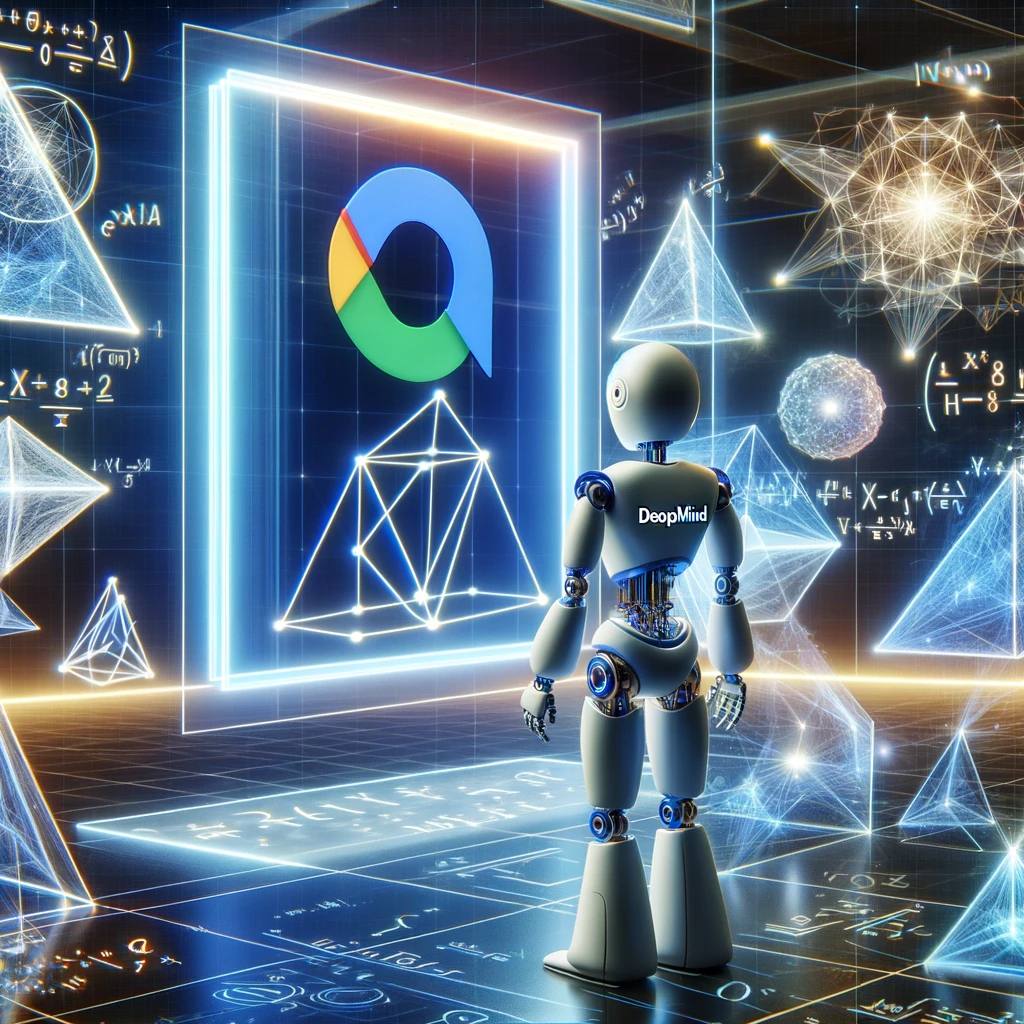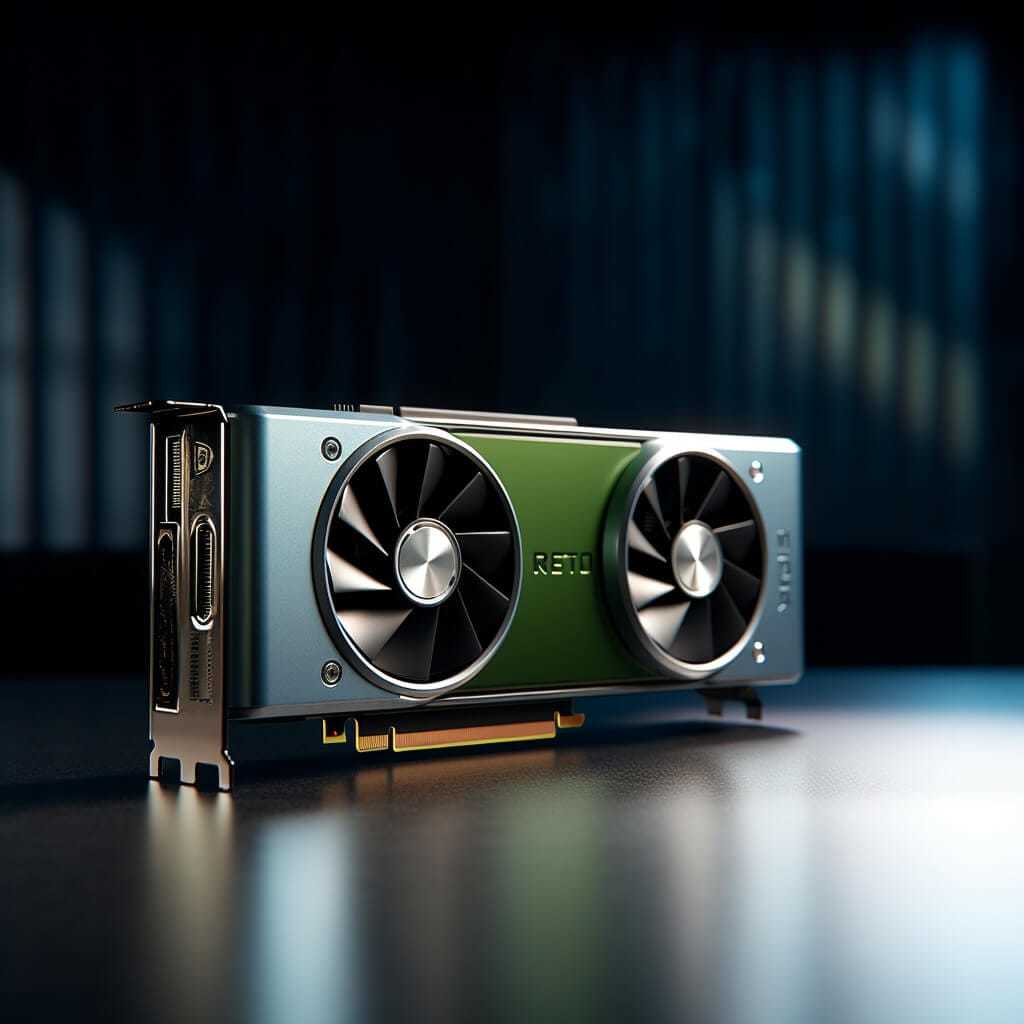In a groundbreaking development, Google DeepMind has introduced AlphaGeometry, an advanced artificial intelligence (AI) model designed to tackle complex geometry problems with the precision and proficiency of a human Olympiad gold medalist. This remarkable AI model has demonstrated its capabilities by solving 25 out of 30 challenging geometry problems, surpassing previous AI attempts that could only solve 10 such problems. The announcement underscores the significant strides made in AI’s ability to excel in mathematical domains historically considered challenging for AI systems.
AlphaGeometry’s impressive performance in geometry problem solving
The International Mathematical Olympiad, a prestigious competition featuring exceptionally talented high school mathematicians, has long been a benchmark for assessing mathematical problem-solving skills. AlphaGeometry was put to the test by solving 30 Olympiad-level geometry problems, and it managed to successfully tackle 25 of them, outshining all previous AI endeavors in this field.
AI systems have traditionally struggled with geometry due to inadequate training data and a deficiency in logical and reasoning skills. To address these challenges, Google DeepMind harnessed the power of a neural language model and a deduction engine, enhancing its AI model’s problem-solving capabilities. This approach was further fortified by incorporating 100 million synthetic data examples.
The fusion of these two systems has yielded impressive results. The neural language model generates rapid but potentially incorrect ideas, while the deduction engine provides a rational path to reach accurate solutions. “AlphaGeometry’s language model guides its symbolic deduction engine towards likely solutions to geometry problems,” according to Google DeepMind. “These clues help fill in the gaps and allow the symbolic engine to make further deductions about the diagram and close in on the solution.”
Moreover, AlphaGeometry’s output is not limited to tedious algebraic calculations. Instead, it provides human-readable results, making it a valuable tool for students and professionals alike. As a former Olympiad gold medalist, Evan Chen notes, “AlphaGeometry’s output is impressive because it’s both verifiable and clean. It uses classical geometry rules with angles and similar triangles just as students do.”
Google DeepMind’s commitment to advancing AI
AlphaGeometry is just one of Google DeepMind’s latest forays into pushing the boundaries of AI and innovation. In late 2023, the team unveiled an AI model capable of predicting the structures of millions of new materials, opening up exciting possibilities in materials science and engineering.
Another significant project involves enhancing the capabilities of large language models (LLMs) by linking them with existing models. This innovation, known as the Composition to Augment Language Model (CALM), promises to make LLMs even more powerful and versatile.
Google DeepMind is also actively involved in other cutting-edge research areas, including developing invisible watermarks for AI-generated images, refining weather prediction models, and exploring methods to mimic human learning processes to acquire new skill sets.
The future of AI and the importance of data quality and security
While AI continues to advance and demonstrate remarkable capabilities, it is crucial to ensure that it operates within the boundaries of the law and meets the challenges posed by data quality and security. There is a growing recognition of the need to integrate enterprise blockchain systems with AI to achieve this. Such systems can not only enhance data input quality but also guarantee data ownership and immutability, ensuring the safety and integrity of data.
Google DeepMind’s AlphaGeometry represents a significant milestone in AI’s journey to excel in complex mathematical domains. Its success in solving challenging geometry problems showcases the potential of AI to tackle intricate problems with human-like proficiency. As AI continues to evolve, it is essential to address data quality and security concerns, and the integration of enterprise blockchain systems emerges as a promising solution to ensure the responsible and effective use of AI technologies. Google DeepMind’s commitment to innovation in various AI-related fields further highlights the exciting possibilities in the artificial intelligence world.





